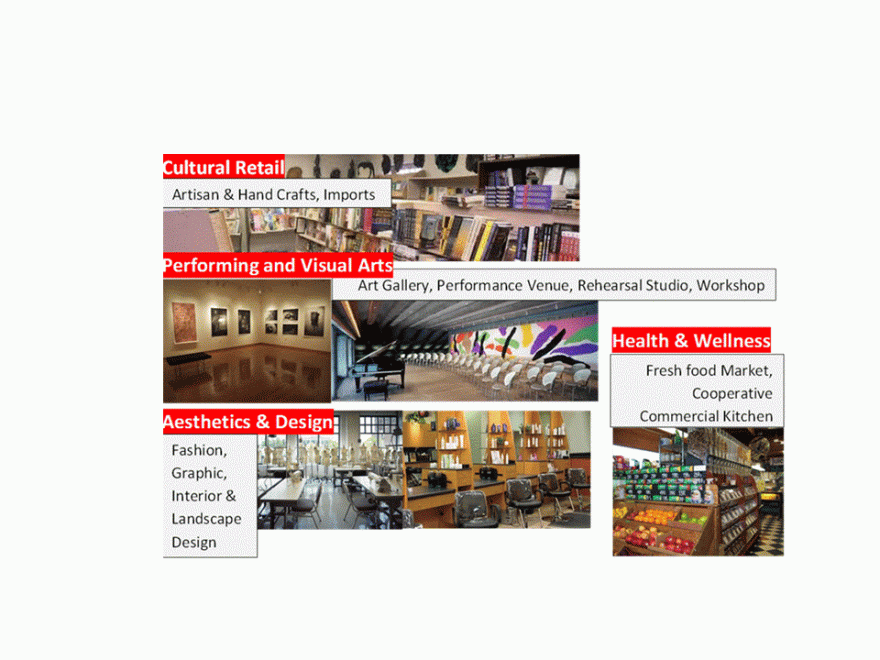Susu, what do you do?
a:
IGNITE THE ENTREPRENEURIAL SPIRIT
Susu TRAINS and ASSISTS local entrepreneurs.
 Vendor Market Certification is a business development course for creative and cultural entrepreneurs to launch product and skill into a market vendor business.
Vendor Market Certification is a business development course for creative and cultural entrepreneurs to launch product and skill into a market vendor business.
Young Entrepreneur Program is a business skill and social entrepreneur project based training and apprenticeship for youth to launch new business.
Susu PARTNERS with local entrepreneurs and community to practice cooperative economics.
Cooperative Vending– Incubator members negotiate vending opportunities as a collective unit
New Business Project Management Services to launch new business projects
Susu Economics workshops, Susu Banker services, Micro-Investment Opportunities
Ongoing Vendor Markets
It is our goal to BUILD GOOD and STRONG business in our neighborhoods (and global neighborhoods like it) as a vital piece of infrastructure in securing the health of our communities.
Strong Business = Strong Community
We are on a mission to ride the wave of re-urbanization by investing in the rich experience of the local entrepreneur to add remedy to displacement, food insecurity, low income and bad fashion! We mean it! We are on a mission to contribute to the global movement to preserve the cultural history of our neighborhoods and nurture business that in turn nurtures the community.
Our target area is Oak Cliff Texas, a low-to-mid income area in the Dallas. It is our goal to open healthy business hubs in our neighborhoods to meet the demands for SPACE :
- For Local entrepreneurs to develop, produce and sell their goods and services
- For community to access fresh foods, safe business hubs/public space, and quality goods
- to build a welcome bridge between global creative and cultural communities and local artisans
Contact Susu Cultural Business Incubator for more information, workshops, vendor markets, and other opportunities: susuVendor@gmail.com
Check SUSU FB Page for more info!
Thank you for your support. Feel free to leave a comment. We LOVE hearing from you.













